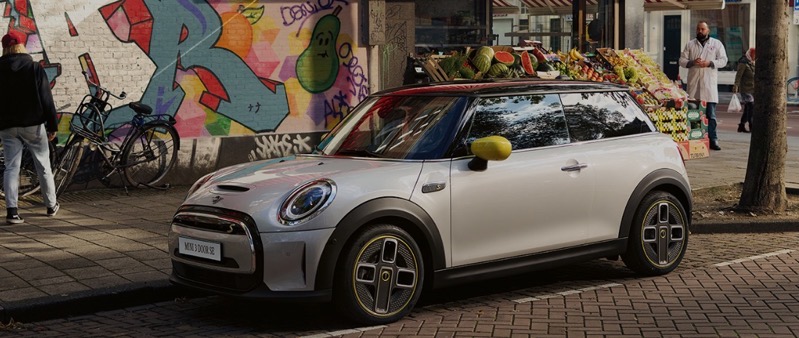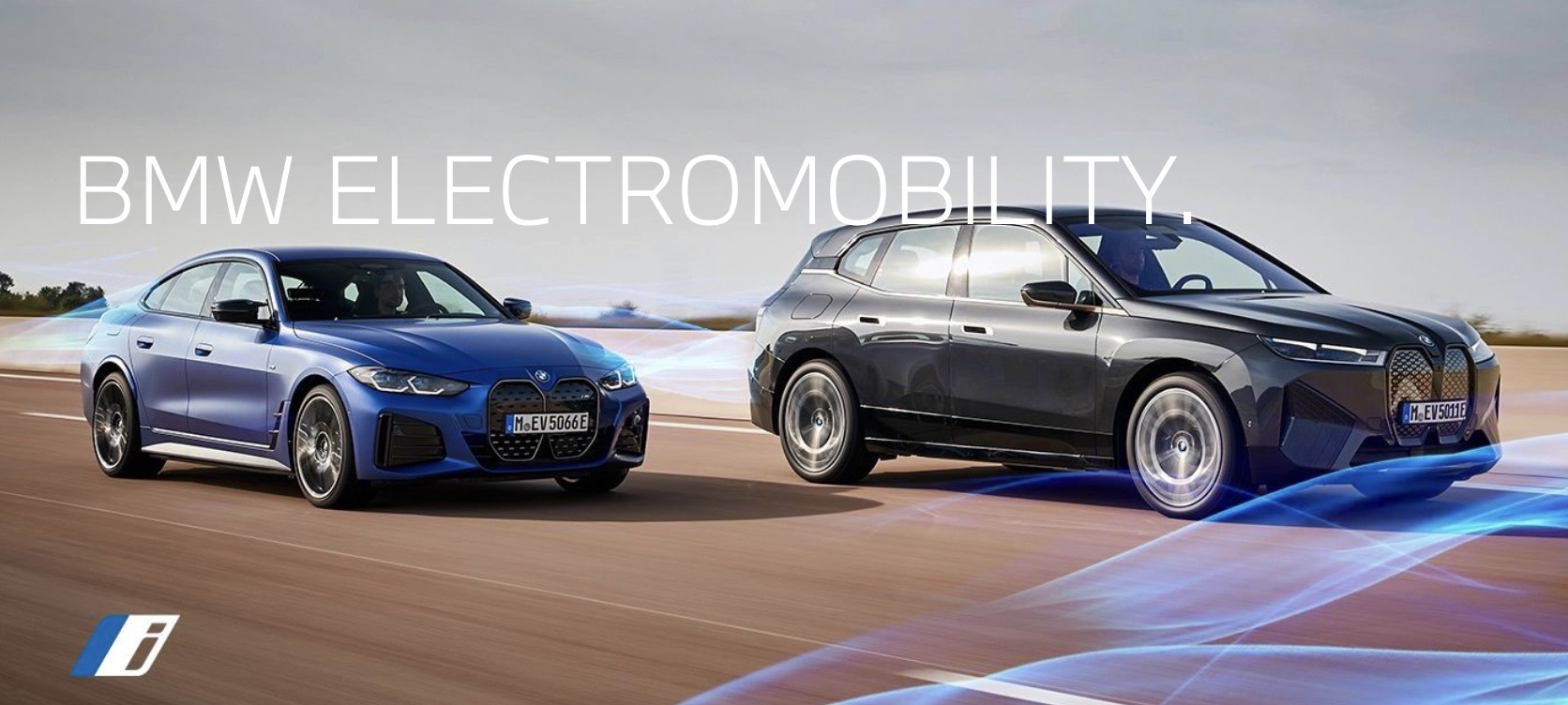
Mini Considers North American EV Production for U.S. Market

Mini, the British compact car maker owned by BMW, is considering producing electric vehicles (EVs) in North America to expand its cost-competitive offerings in the United States.
According to sources familiar with the plans, a Mini electric crossover could go into production at BMW’s central Mexico factory in the second half of the decade, reports Automotive News.
The $1 billion plant in San Luis Potosi, which currently produces BMW’s 2 and 3 Series sedans, is slated to build the next-generation 3 Series electric sedan and iX3 electric crossover. One source revealed that the new Mini model would share the same platform as the 3 Series EV and its crossover sibling.
While Mini’s decision-making regarding North American production remains unclear, a spokesperson declined to comment. If the brand decides to proceed, it would further diversify beyond its Cowley factory on the outskirts of Oxford, England.
The new Mini Countryman is set to begin production in Germany in November, while Mini will also start building EVs in China later this year through a joint venture with Great Wall Motor Co.
In recent years, Mini has faced difficulties gaining traction in the US market, partly due to its lineup of small cars. However, the brand is now pivoting to larger crossover-type vehicles.
North American production of electric crossovers would address the 27.5% tariff Mini faces on every vehicle imported from China. Mini Americas boss Michael Peyton previously described the tariff issue as a “big deal” and indicated a need for diversifying EV production beyond China.
Dealer Nicholas Alexander believes that North American-made Minis would increase the brand’s awareness and competitiveness in the US.
Alexander, president of Nick Alexander Mini in Los Angeles, stated that China-made EVs are “desperately needed here,” but the import tariff would render those models unsellable in the US. If Mini could shift production to North America, Alexander supports the move, citing a potential pricing advantage of up to $7,500 in federal tax credits available to North American-made vehicles.
North American production would not only enable Mini dealers to meet US demand more efficiently but also help BMW utilize its underemployed central Mexico factory, which operates at 32% utilization.
As Mini plans to go all-electric by the start of the next decade, the brand will introduce two new electric models to market by mid-decade, both built on electric platforms developed jointly with Chinese automaker Great Wall.

